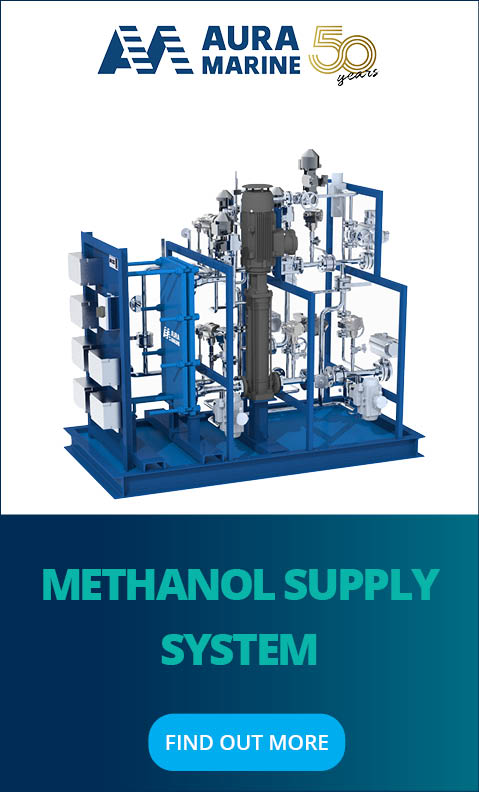Spain’s Cepsa has announced it has undertaken its first biofuel bunkering in the Port of Barcelona.
The operation, which was conducted on a 350-metre-long container vessel operated by Hapag-Lloyd, was also the energy company’s largest supply of second-generation biofuels to date, Cepsa said in a statement today (2 October).
The supplied biodiesel, which was produced from used cooking oils, contained a 24% sustainable component, which Cepsa said will prevent the emission of 2,860 tonnes of CO2.
‘Second-generation biofuels can be used in ships without the need for modifications to their engines, and they have a high potential for reducing CO2 emissions compared to conventional fossil fuels, achieving a reduction of up to 90%, which makes them an ideal immediate solution,’ said Samir Fernández, director of Marine Fuel Solutions at Cepsa.
‘That’s why we want to make them available in all the ports in which we operate and lead their production in this decade to help our customers meet their own decarbonisation challenges.’
In addition to the Port of Barcelona, Cepsa is able to supply second-generation biofuels by barge in the Strait of Gibraltar, as well as by tanker in the 60+ ports in which it operates.
As previously reported, this summer, Cepsa announced that Spanish ferry and Ro-Ro company Naviera Armas Trasmediterránea’s ferries would make 84 trips across the Strait of Gibraltar in August using its second-generation biofuels.















